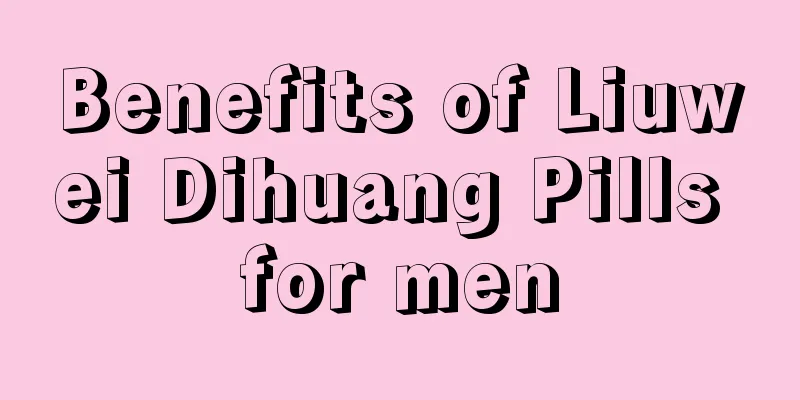What should patients with myocardial infarction eat? Dietary principles to know

|
There are more and more patients suffering from myocardial infarction. What is very important for patients with myocardial infarction is their daily diet. They should not eat too much and should choose food that is easy to digest and low in fat. They should also ensure adequate nutrition and calories and limit sodium intake. (1) Limit calorie intake to reduce the burden on the heart. Especially in the early stages of the disease, you should eat small meals frequently, mainly liquid foods, and avoid overly cold or overheated meals. As the condition improves, you can add semi-liquid food appropriately and gradually increase the heat energy. Eating moderate amounts of lean meat, fish, fruit, etc. is allowed. Always keep the gastrointestinal tract unobstructed to prevent the condition from getting worse due to excessive force during defecation. (2) The diet should be balanced, light and nutritious to improve the nutritional supply of the body, including myocardial cells, protect and maintain heart function, and promote the patient's early recovery. Avoid excessive and irritating food, and do not drink strong tea or coffee. Avoid eating large amounts of fat, as it may increase blood lipids and blood viscosity after meals, leading to slow blood flow and platelet aggregation, causing thrombosis. (3) Pay attention to the balance of sodium and potassium and increase magnesium intake appropriately to prevent or alleviate complications, especially the occurrence and development of arrhythmias and heart failure. A low-salt diet is generally recommended, but if too much sodium is lost in the urine during the acute phase, there is no need to restrict sodium excessively. The intake of sodium, potassium and magnesium in the diet should be adjusted at any time according to the condition of the patient. (4) When acute myocardial infarction is accompanied by heart failure, gastrointestinal dysfunction is common and more attention should be paid to diet. In the first 1 to 2 days after the onset of the disease, only liquid food such as hot water juice, rice soup, honey water, lotus root powder, etc. is given, 6 to 7 times a day, 100 to 150 ml each time. If the patient's heart function improves and the pain is relieved, you can gradually increase your diet with some lean meat, steamed egg whites, thin rice porridge, etc. As the disease recovers, dietary treatment for coronary heart disease can be adopted 6 weeks after the onset of the disease, but the diet still needs to be soft and easy to digest. |
<<: What should gout patients eat? These diet plans are the most suitable
>>: What disease is dry mouth a precursor to? 2 diseases need attention
Recommend
What bad eating habits can cause lung cancer? To prevent lung cancer, you need to correct 4 bad eating habits
Speaking of lung cancer, I believe everyone knows...
What are the symptoms of rectal cancer
Rectal cancer is a common tumor disease in real l...
What are some good ways to nourish the kidneys?
The kidneys are very important to the human body....
I feel flustered, anxious, and uneasy.
What should I do if I often feel anxious? If you ...
What should you pay attention to when nursing lung cancer? Four points should be paid attention to when nursing lung cancer patients
Choose one or a few of your most trusted friends ...
What is colorectal cancer?
Colorectal cancer generally refers to a neoplasm ...
How can people who drink alcohol every day lose weight
Many people who drink frequently will have a beer...
What causes low platelets in pancreatic cancer
Low platelet count in pancreatic cancer may be ca...
Why is mixed cervical spondylosis the most common
Various types of cervical spondylosis are caused ...
Anxiety and heart rate
People often say that people who love to laugh wi...
What Chinese medicine is good for ovarian cancer? 3 types of Chinese medicine can treat ovarian cancer
Traditional Chinese medicine is a conservative tr...
What are the similarities and differences between skeletal muscle and cardiac muscle?
Skeletal muscle and cardiac muscle are two differ...
What is the best way to solve fishbone card?
Fish meat is delicious, it supplements the human ...
Is shoulder pain a precursor to liver cancer?
According to your description, there are many rea...
How can middle-aged and elderly people prevent bladder cancer
Bladder cancer is more common in middle-aged and ...









